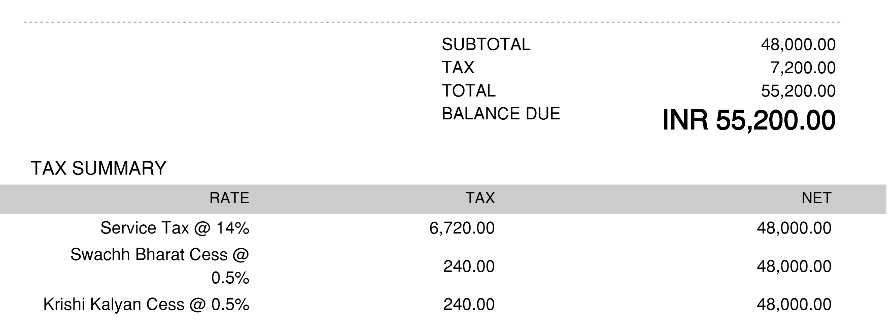Ever since the arrest of the CEO of startup Stayzilla, the startup eco-system (or echo-chamber) has been abuzz with speculation, innuendo and flooded with advice on what you as a startup should or should not do.
For an example of “advice” see this in YourStory. My key takeaway from this article is: “Be compliant, keep your nose clean, ensure you get sane and good legal and financial advice and be compliant” if you are a startup.
All this is sane and even sage advice. But the threat is largely seen from a corrupt and nitpicking bureaucracy. Not from other companies, individuals.
What the article should have stated upfront was the real issue- the core issue – is our lack of transparent and responsive and fair legal framework. So, laws only work for the powerful, rich and connected. And since a startup is anything but rich, powerful or connected- at least to start with, it is very very vulnerable.
Did Yogi or Stayzilla fall foul of the government? No. He had a commercial dispute with a supplier. Now he is behind bars, in the silicon valley of India and the online campaign being run by all the startups put together is only circulating among their own. Here’s the story of Yogi and Stayzilla.
All those tweeting or FB-sharing with hashtag #ReleaseYogiNow ask yourself, is this the first time you have witnessed law enforcement over-reach? Or, mis-carriage or justice? Or cases dragging on for decades?
If you are a small guy and you bill your client and he does not pay- do you have a protection? If he claims non-delivery or deficient delivery, can you fight him legally?
If your case comes up for hearing in some far away state capital or worse, in some mofussil court, can you afford the cost of the battle- the time and the money?
While my sympathies are with Yogi and his family, his story is that of any of us- those who are neither rich nor powerful and who need to focus on work- but can’t because they are distracted by all sorts of things.
Compliance is laughable- compliance to what? It is a jungle out there. And, exactly how vulnerable are Indian startups? Just as vulnerable as any average Indian trying to run a business.

